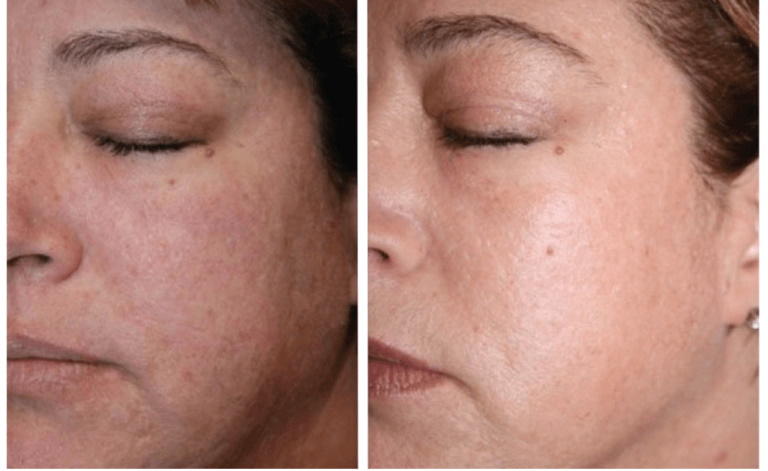New awareness campaign to help prevent rising rates of STIs

Sexually transmissible infections (STIs) such as syphilis, gonorrhoea and chlamydia are on the rise in Australia. One in 6 Australians will get an STI in their lifetime.
The Australian Government has launched a new sexual health awareness campaign called ‘Beforeplay,’ encouraging young people aged 20 to 34 – the age range where most STI notifications occur – to take action to prevent STIs by getting regular sexual health check-ups and practising safe sex.
What are STIs?
STIs occur when viruses, bacteria or parasites are passed on through unprotected sexual contact. This includes vaginal, oral and anal sex, and skin-to-skin contact. Some STIs can also be passed from a pregnant person to their child during pregnancy and birth.
STIs include:
-
Syphilis
-
Chlamydia
-
Herpes simplex virus
-
Gonorrhoea
-
Hepatitis B
-
Hepatitis C
-
Human Immunodeficiency Virus (HIV)
-
Human Papilloma Virus (HPV), including genital warts
-
Mpox (formerly Monkeypox).
STIs are common and they’re nothing to be embarrassed about
STIs can affect anyone who is sexually active, regardless of their age, gender, relationship status or sexual orientation.
Dr Vincent Cornelisse, a sexual health physician and adjunct associate professor at The Kirby Institute at the University of New South Wales, says you could have an STI and not even realise.
“Perhaps one of the main barriers to testing is that people can have an STI and have no symptoms, so they simply don’t realise that they need a test. That’s why regular testing is so important.”
Dr Cornelisse says another barrier is people sometimes feel embarrassed about their symptoms.
“As anyone who works in sexual health will tell you – you probably don’t have anything that we haven’t seen before, so there’s no need to be embarrassed.”
While symptoms can vary depending on the STI and your sex, common symptoms can include:
-
Swelling, itching, or a rash on the genitals or surrounding area or contact area (e.g., around the anus and mouth)
-
Bumps, sores or warts on the genitals or surrounding area or contact area (e.g., around the anus and mouth)
-
Unusual discharge from the vagina, penis or anus, including bleeding
-
Skin changes including sores or ulcers
-
Pain when urinating
-
Pain during sex.
If you notice anything unusual, you should talk to a healthcare professional.
Regular testing is the only way to check if you have an STI
The good news is most STIs are treatable if detected early, and are usually curable.
Some STIs, like herpes and HIV, can’t be cured, but they can be treated and managed effectively.
“There are many options to protect yourself against STIs,” says Dr Cornelisse.
“Using barrier protection, like a condom, and getting tested regularly remains the most effective way to protect yourself and your sexual partners.”
Tests can often be as simple as a urine and blood test, and can be done at your GP, local sexual health clinic, or community health centre. Your healthcare professional can also recommend how often you should test based on your individual circumstances.
“I would encourage anyone who is sexually active to have a conversation with their healthcare professional about how they can proactively look after their sexual health.
“It’s like getting your car serviced, if you get checked regularly, you can avoid problems down the track,” says Dr Cornelisse.
To find out more visit: www.health.gov.au/STI








